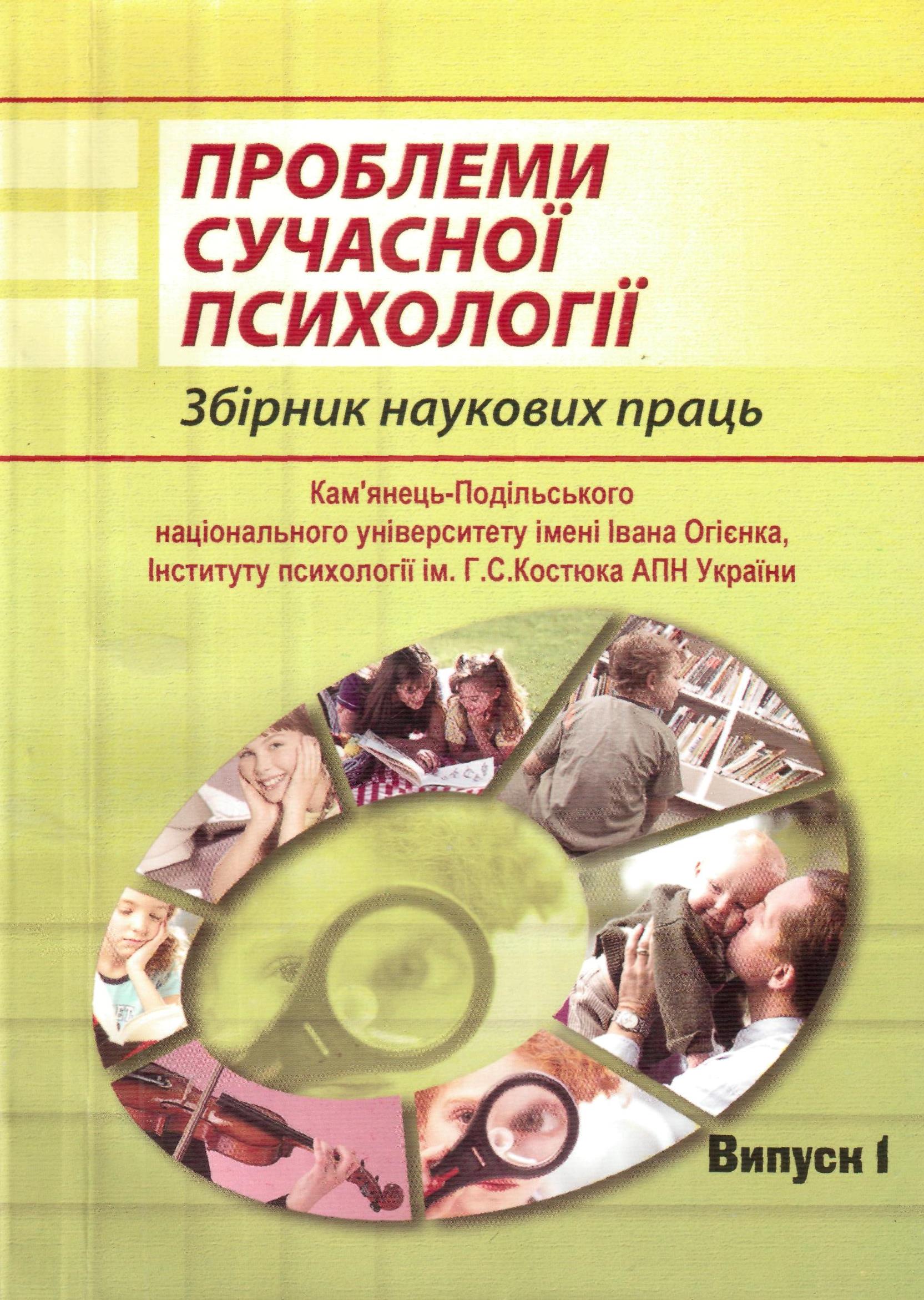Психологічний аспект формування іншомовної комунікації студентів немовних спеціальностей
DOI:
https://doi.org/10.32626/2227-6246.2008-1.%25pKeywords:
оволодіння, спілкування, мовленнєва діяльність, іншомовна комунікація, мовленнєва взаємодія, комунікативний метод навчання.Abstract
За відповідної організації занять з іноземної мови не лише
забезпечується більш високий рівень оволодіння студентами
немовних спеціальностей вузу вміннями і навичками іншомовної
комунікації, але також створюються психологічні умови для
самостійного оволодіння.
References
Андрієвська В. В. Навчальний діалог: основні харак
теристики // Діалогічна взаємодія у навчально
виховному процесі загальноосвітньої школи. – Київ:
ІЗМН, 1997 – С. 47 61.
Гаркуша В. В. Формування навиків спілкування і
комунікативних здібностей в процесі особистісно
орієнтованого навчання усному іноземному мовленню //
Автореф. дис. канд. психол. наук – Київ, 1992. – 18 с.
Киричук О. В. Діалог у контексті педагогічної взаємодії.
Діалогічна взаємодія у навчально виховному процесі
загальноосвітньої школи. – Київ: ІЗМН, 1997. – С. 31 46.
Кубрякова Е. С. Номинативный аспект речевой дея
тельности. – М.: Наука, 1986 – 157 с.
Пассов Е. И. Основы коммуникативной методики
обучения иноязычному общению. – М.: Русский язык,
– 275 с.
Піроженко Т. О. Мовленнєва здібність людини та її
формування в освітніх закладах // Обдарована осо
бистість – пошук, розвиток, допомога – К.: Гнозис,
– С. 423 427.
Психологічні аспекти гуманізації освіти. Книга для
вчителя / За ред. Г. О. Балла. – Київ – Рівне, 1996 –
с.
Ушакова Т. Н. Текст как объект психологического
анализа // Психологический журнал. – Т. 10. – 1989.
– №1. – С. 107 115.
Thomas Finkenstдdt, Konrad Schrцder. Sprachen im
Europa von Morden. – Berlin und Mьnchen, 1992.
Downloads
How to Cite
Issue
Section
License
Copyright
The Editorial Board has the full right to publish original scientific papers containing results of theoretical and experimental research works which are not currently subject to review for publication in other scientific editions. The Author shall transfer to the editorial board of the Collection the right to spread the electronic version of the paper, as well as the electronic version of the paper translated into English (for papers originally submitted in Ukrainian and Russian) by all kinds of electronic means (placement at the official website of the Collection, electronic databases, repositories etc).
The Author of an article reserves the right to use materials of the paper, without approval with the editorial board and the founders of this Collection: a) partially or fully, for educational purposes; b) for writing own dissertation papers; c) for preparation of abstracts, conference reports and presentations.
The Author of an article can place electronic copies of the paper (including the final electronic version downloaded from the official website of the Collection) at:
- personal web resources of all Authors (websites, webpages, blogs etc.);
- web resources of the institutions where the Authors are employed (including electronic institutional repositories);
- non-profit public access web resources (for example, arXiv.org).
But in all cases, it is obligatory to have a bibliographic reference to the paper, or a hyperlink to its electronic copy placed at the official website of this Collection.






